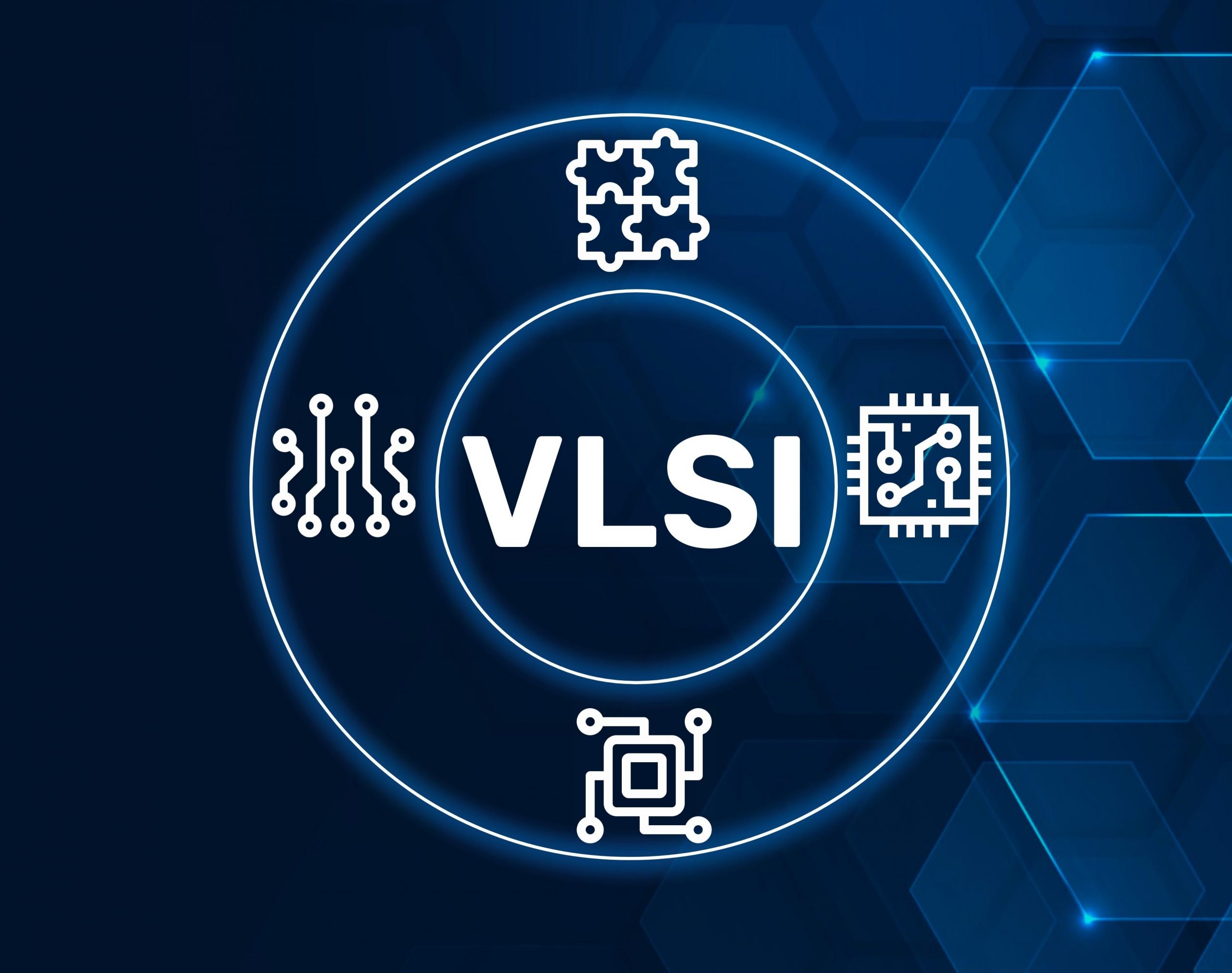
Can a CSE Student Join the VLSI/Semiconductor Industry?
One of the most common questions I receive is:
“Do I need to be from an Electrical and Electronics Engineering (EEE), Electrical Engineering (EE), or Electronics and Communication Engineering (ECE) background to build a career in VLSI?”
The simple answer is — NO.
Your department or degree doesn’t strictly define your future in the semiconductor world. If you have the right skills, knowledge, and passion for VLSI, you can absolutely build a rewarding career in this industry, even with a Computer Science Engineering (CSE) background.
Two Major VLSI Roles for CSE Graduates
1. RTL Design Engineer
An RTL (Register Transfer Level) Design Engineer is responsible for designing hardware components using coding languages like Verilog or VHDL. Think of it as hardware programming — instead of writing software to run on a processor, you design the processor itself!
Key Responsibilities:
An RTL (Register Transfer Level) Design Engineer is responsible for designing hardware components using coding languages like Verilog or VHDL. Think of it as hardware programming — instead of writing software to run on a processor, you design the processor itself!
Key Responsibilities:
- Design and Development: Create RTL code for digital circuits
- Simulation and Verification: Validate design functionality
- Synthesis: Convert RTL into gate-level designs
- Static Timing Analysis: Ensure timing constraints
- Documentation: Write specifications and design reports
- Collaboration: Work with verification and system architects
2. Design Verification Engineer
Design Verification Engineers ensure that the RTL designs created by the designers function as expected. Their role is like a detective — finding bugs and making sure the chip behaves exactly as required.
Key Responsibilities:
Design Verification Engineers ensure that the RTL designs created by the designers function as expected. Their role is like a detective — finding bugs and making sure the chip behaves exactly as required.
Key Responsibilities:
- Testbench Creation: Build environments to test RTL designs
- Simulation: Run exhaustive simulations to validate functionality
- Functional Coverage: Ensure all parts of the design are tested
- Bug Identification: Find and debug functional errors
- Verification Methodologies: Use frameworks like UVM
3. Skills Required to Become a Frontend VLSI Engineer
To thrive in the frontend domain, you need a strong foundation in:
To thrive in the frontend domain, you need a strong foundation in:
- Basic Digital Electronics (gates, flip-flops, adders, multiplexers)
- Computer Architecture and Organization (ALU, CPU design, pipelines)
- Programming Logic (C, C++, Python)
- Hardware Description Languages (Verilog, SystemVerilog)
4. How to Get Started
Here’s a suggested step-by-step roadmap for CSE students:
Here’s a suggested step-by-step roadmap for CSE students:
- Strengthen Basics: Revisit digital electronics and computer architecture
- Learn HDLs: Start with Verilog, then explore SystemVerilog
- Take VLSI Courses: Platforms like Udemy, NPTEL, VLSI Academy
- Build Projects: Create Verilog/SystemVerilog-based projects
- Internships: Get exposure at semiconductor or EDA companies
- Join Communities: VLSI forums, LinkedIn groups, Discord channels
5. Companies That Hire VLSI Engineers
Top companies actively hiring VLSI engineers include:
Top companies actively hiring VLSI engineers include:
- Intel, AMD, Qualcomm, Nvidia
- Synopsys, Cadence, Texas Instruments
- MediaTek, Samsung Semiconductors, TSMC
- Wipro VLSI, HCL Technologies, Tata Elxsi
6. Popular Tools in Frontend VLSI
Essential tools to familiarize yourself with:
Essential tools to familiarize yourself with:
- Simulation Tools: ModelSim, QuestaSim
- Synthesis Tools: Design Compiler, Vivado
- Verification: SystemVerilog + UVM
- Debugging: DVE, Verdi
Final Thoughts
If you’re a CSE student with a passion for hardware, problem-solving, and digital design, then Frontend VLSI is a fantastic path for you.You don’t need to change your branch.
You don’t need to fear the transition.
You just need dedication, curiosity, and a roadmap.
The semiconductor industry is growing faster than ever — and it’s hungry for skilled engineers like you.


https://shorturl.fm/Y1YZT
Yes 100%
They Can join.
Pls what’s app us : +8801898757546
to know more info
https://shorturl.fm/E5MGz
Yes 100%
They Can join.
Pls what’s app us : +8801898757546
to know more info
https://shorturl.fm/KeJx8
Yes 100%
They Can join.
Pls what’s app us : +8801898757546
to know more info
https://shorturl.fm/AAGij
Yes 100%
They Can join.
Pls what’s app us : +8801898757546
to know more info